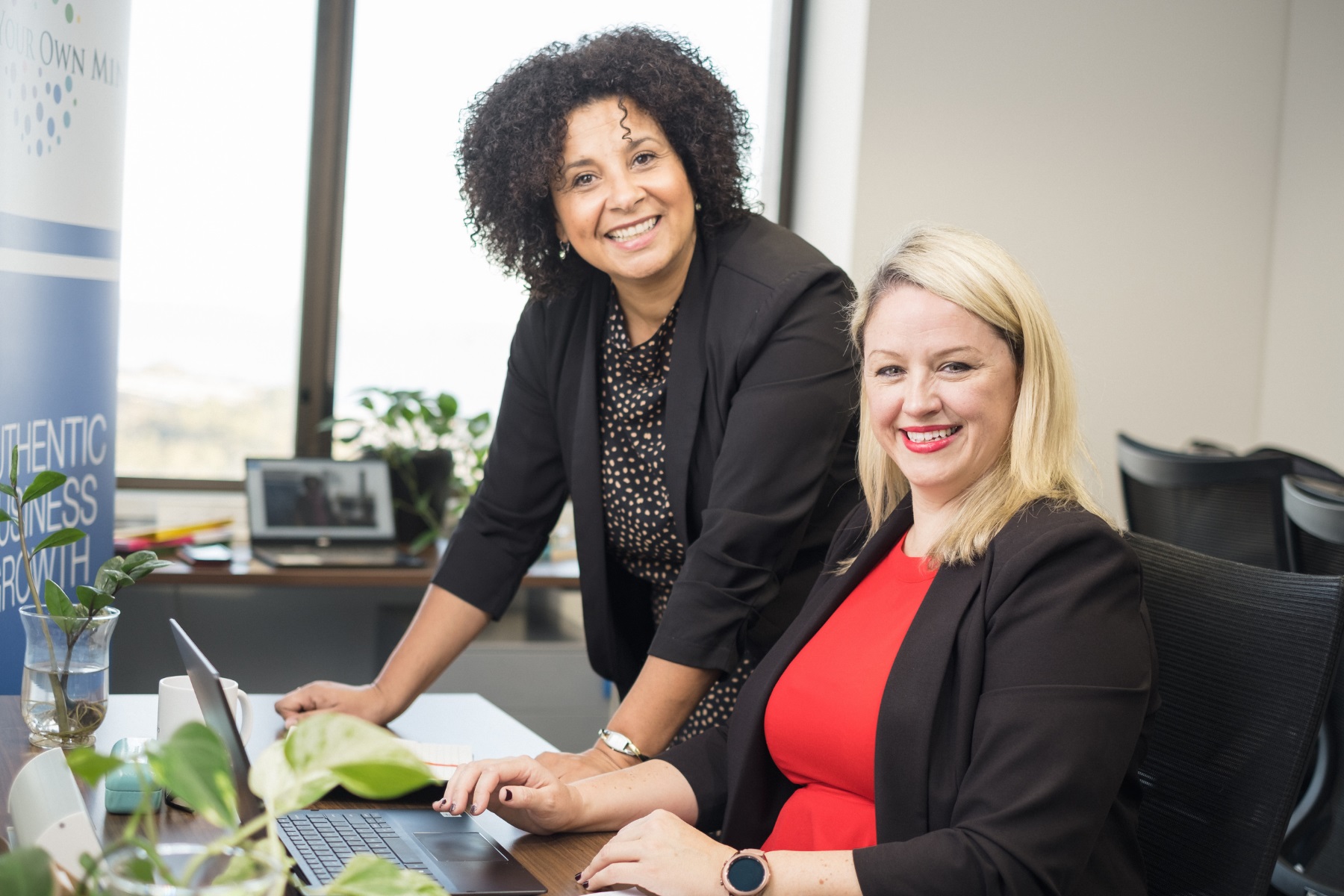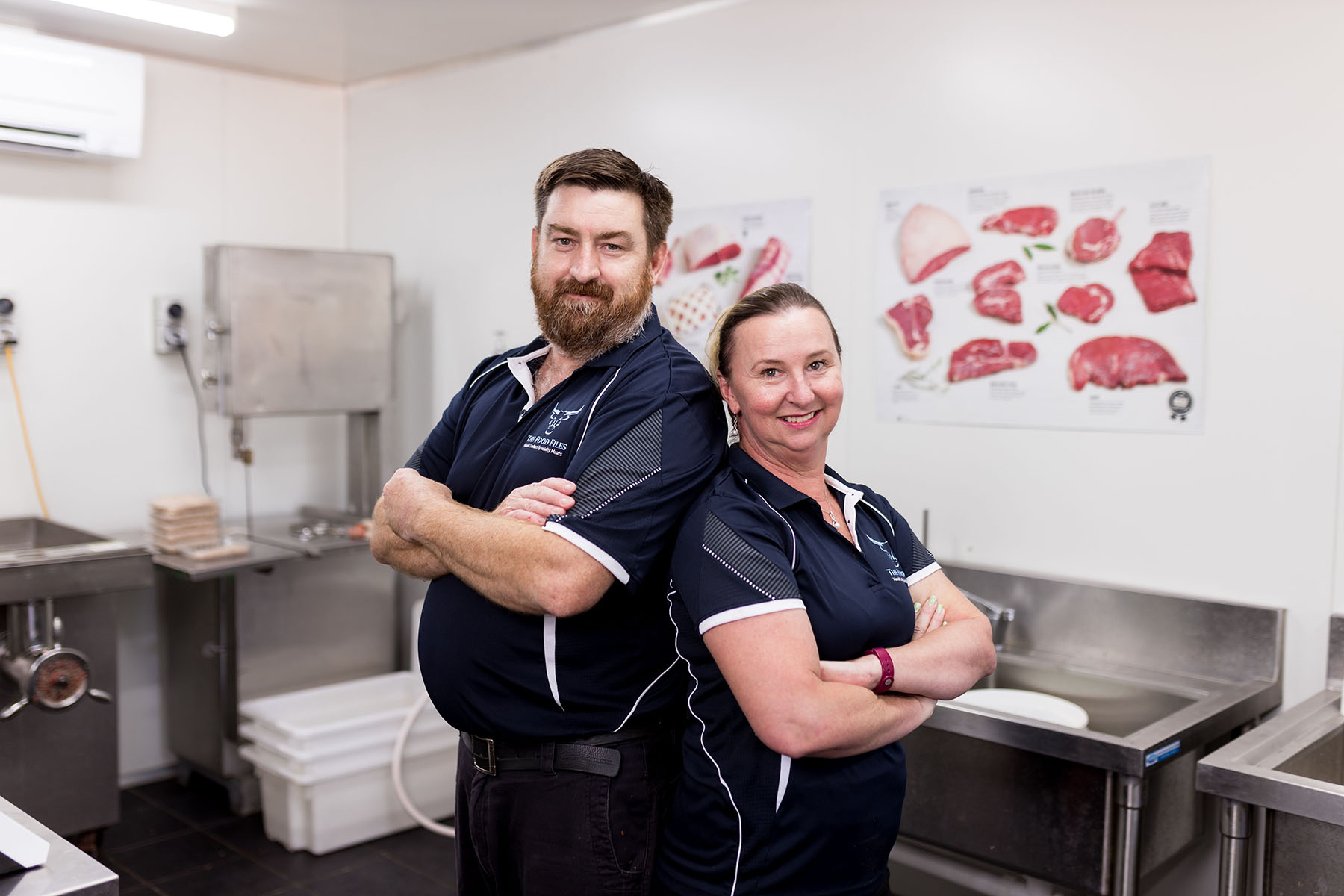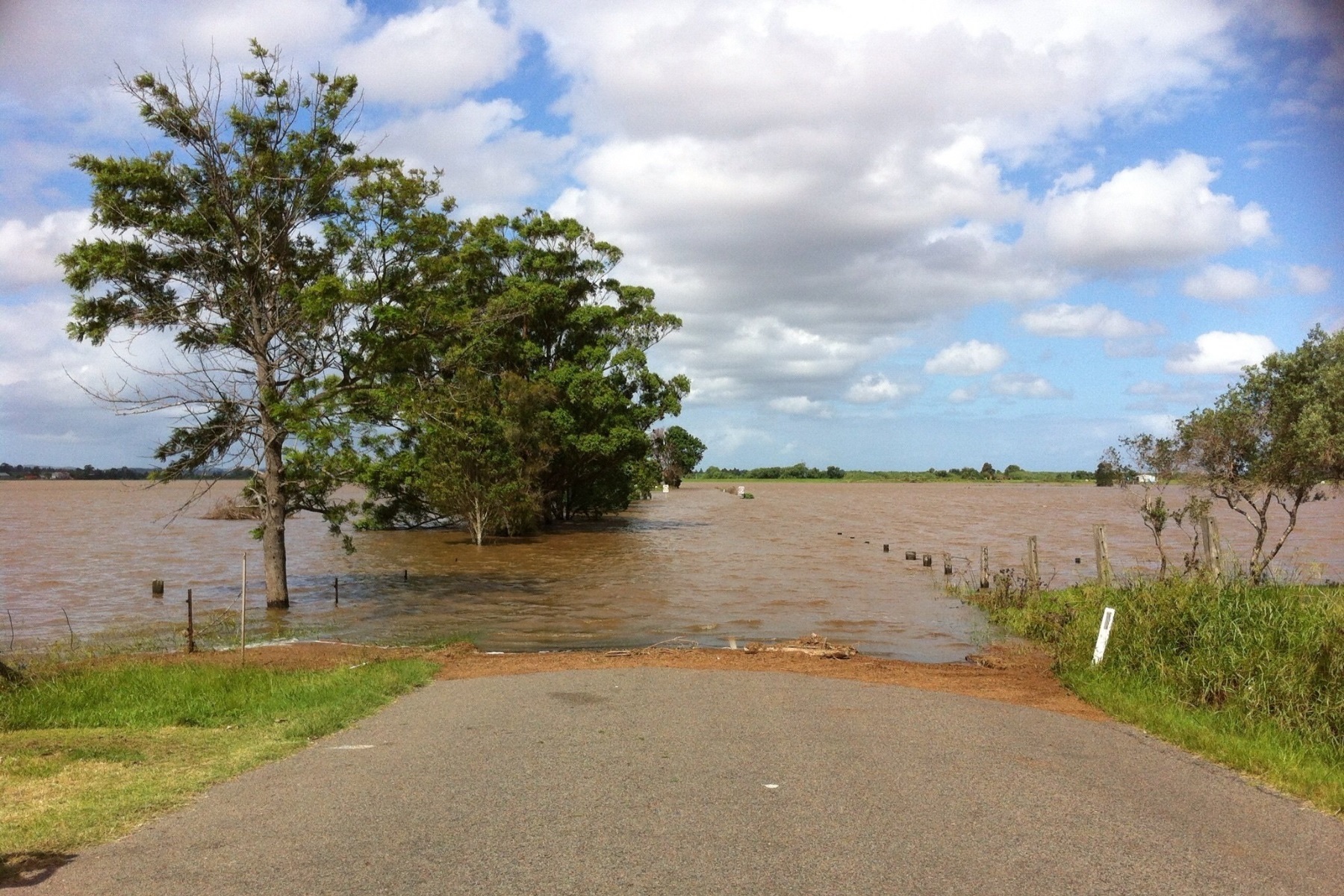Personal development is the ongoing process of assessing your values and goals, and developing skills and qualities to reach your potential.
For small business owners, who often ‘are’ their business, ongoing personal development forms an important part of business success. However, without a formal personal development plan, developing your knowledge and skills can often take a back seat to the day-to-day running of your business.
We spoke to Lisa Smith, co-founder and Director of Blow Your Own Mind, a business focused on helping business owners and their business to reach their potential by developing entrepreneurial skills. Lisa explained why creating a personal development plan is important, and which skills small business owners should focus on developing.
Why do small business owners need a personal development plan?
Many small business owners worked for someone else before they went into business. They may have benefited from having a formal professional development plan or at least some level of investment in their skills development.
When you go into business for yourself, the investment in lifelong learning shouldn’t stop - if you don’t develop as a business person, how can your business develop?
Personal development isn’t just confined to formal learning. You can learn through your networks, coaching, peer-to-peer mentoring, YouTube tutorials and even self-guided learning such as reading articles, following topics on LinkedIn and subscribing to content from leaders in your industry or the business world.
How does your personal development plan differ from your business plan?
The goal of having a business plan is to develop and refine your business idea, get clear on your market and outline a direction for your business. Your personal development plan outlines the personal attributes and skills you need to work on, to make your business plan a reality.
To have a business that grows and is sustainable, as the owner and leader, you need to understand your strengths and areas for development, and be able to identify the knowledge and skills gaps you need to bridge to benefit the business.
Consider your personal development plan alongside any review of your business operations, which you should be doing regularly. When looking at your business progress against goals, include your personal achievements. Note what you have achieved and what you want to achieve against goals you have outlined for yourself, such as “learn to read a profit and loss statement”.
Should entrepreneurial skills guide your personal development plan?
There are four key focus areas that drive entrepreneurial success: Growth, Profitability, Capacity and Performance.
Identifying a personal development plan for each of these four areas can help tie your personal progress to the development of your business. For example:
- Under Growth, you may identify a gap in your sales ability or business development skills that you can address with some training or mindset work.
- In Profitability, you could develop your creative thinking skills to drive innovation in your business, or a requirement to learn better financial literacy skills to understand where you are making the most profit.
- In terms of Capacity, being able to identify the gaps in your skills and bringing in specialist assistance to bridge knowledge gaps can help you build additional capacity quickly in your business.
- Performance is the key area influenced by personal development plans, as you design learning opportunities to improve your business performance.
What are the most important personal skills to develop?
The development of self-awareness - understanding who you are as an individual, your characteristics and preferences - is probably one of the essential factors to focus on in your personal development plan.
You can use formal techniques such as psychometric testing, ask for feedback from someone you trust, or reflect on what you do well and what you could improve, to improve your self-awareness.
Building a creative mindset is also incredibly useful to help you navigate your business better and come up with creative and innovative solutions, instead of traditional inflexible ones.
Key steps in your personal development plan
Failing to plan is planning to fail, and writing down your plan can help you stick to and achieve it. Follow these simple steps to create your personal development plan:
- Brainstorm and self-reflect to define what you want to accomplish or do better
- Set yourself goals for your ongoing learning and development to achieve these accomplishments
- Prioritise the goals in your plan, according to what will make the most difference to your business and personal development
- Set yourself deadlines for achieving each goal (breaking down complex goals into achievable steps if necessary)
- Measure your progress and check your long term goals are still realistic
- Remember to celebrate your success and achievements along the way.
Final advice
Your personal development plan doesn’t need to be complex - in fact, sometimes a simple plan that is easy to update is best of all!
Ongoing learning and personal development is essential to help both you and your business grow. If you’re not considering what skills you need to succeed tomorrow or five years from now, you run the risk of not achieving your business goals.
Creating a vision for the future and defining the steps you need to take to get there is a big part of your success.
More information
See the our upcoming small business workshops for digital skills, interpersonal skills, businesses skills and more that can contribute to your development as a business owner.
About Lisa
Lisa Smith, along with Vicki Main, is co-founder and Director of Blow Your Own Mind, a business created to encourage, support and motivate business owners to re-harness their power, understand their innate ability to succeed and overcome obstacles to create sustainable business success.
Lisa has been recognised as one of Australia’s Top 50 Small Business Leaders 2021, and is a Master Practitioner of the Entrepreneurial Mindset Profile.




